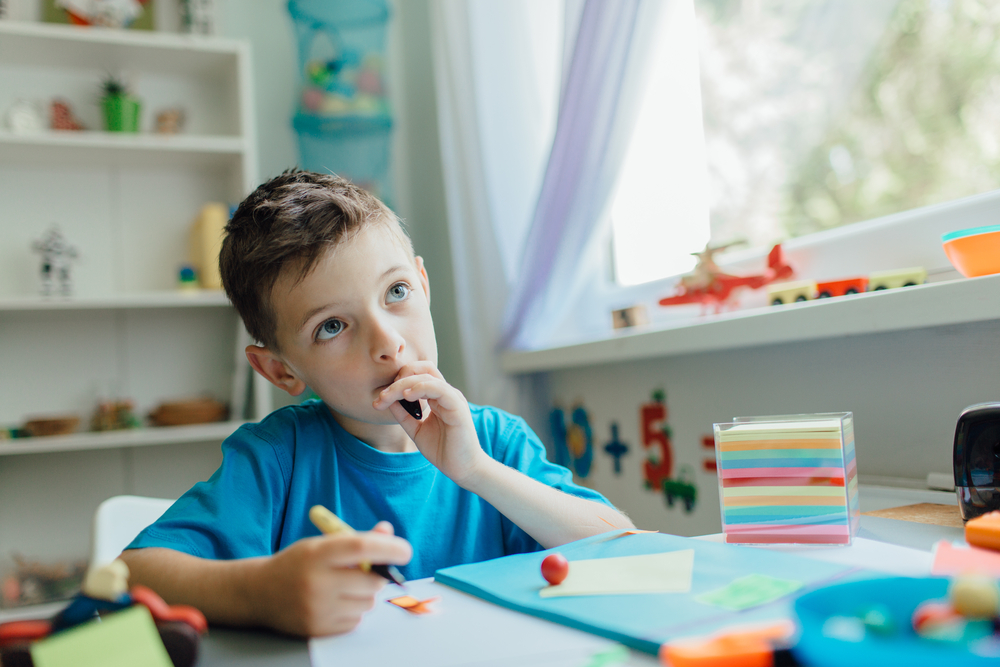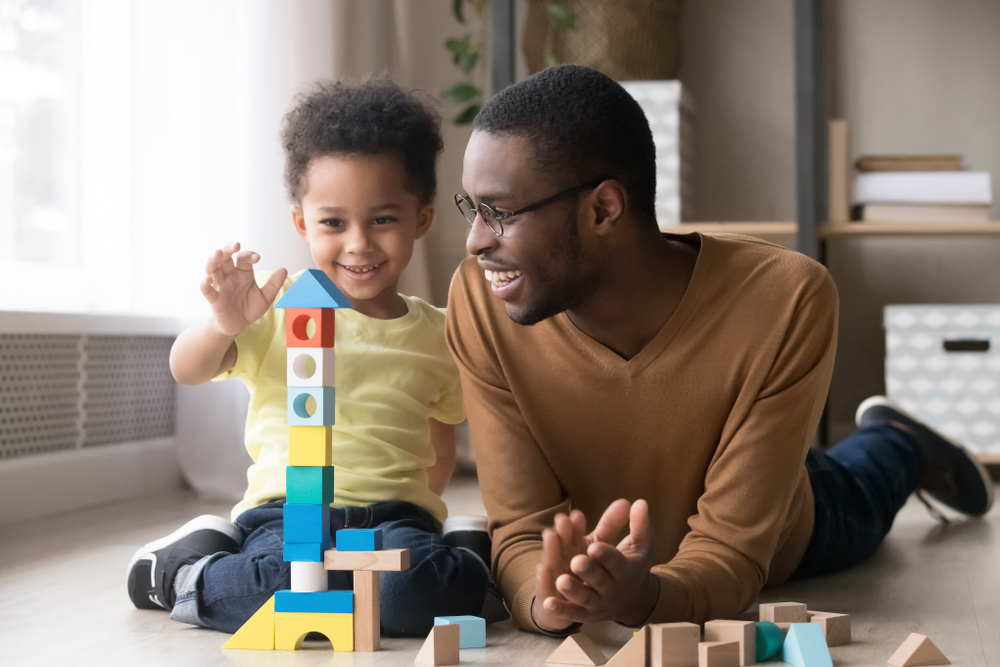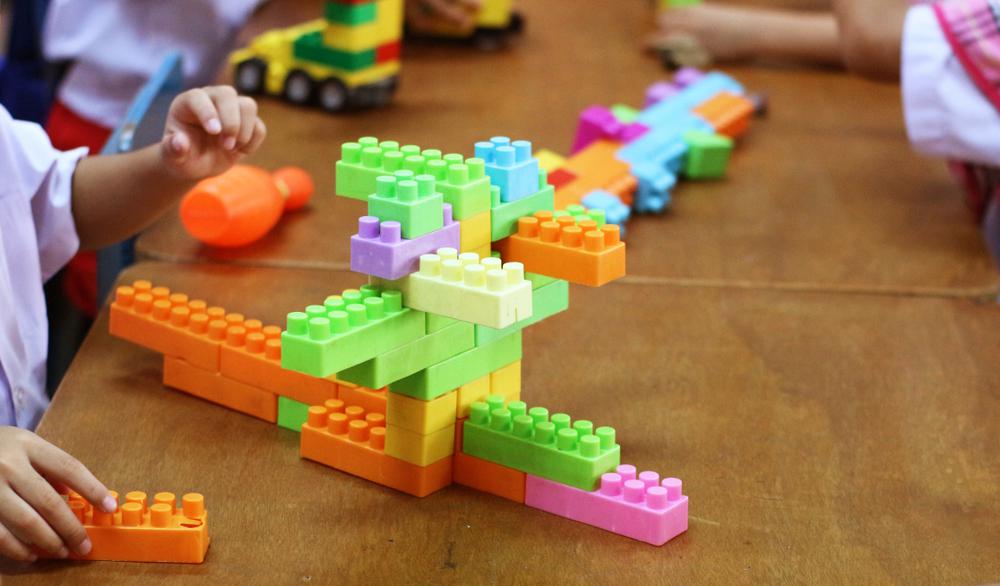Critical Thinking Normal Social Studies Worksheets for 6-Year-Olds
9 filtered results
-
From - To
Nurture your child’s analytical skills with our Critical Thinking Social Studies Worksheets designed specifically for 6-year-olds. These thoughtfully crafted activities engage young minds in exploring the world around them, fostering a keen ability to question, analyze, and reflect. Curated by educational experts, the worksheets blend fun with foundational skills, captivating young learners through diverse, age-appropriate challenges. Equip your students to think independently and make insightful connections in social studies, boosting both academic performance and general cognitive capabilities. Embrace the power of critical thinking at an early age, paving the way for lifelong curiosity and learning. Discover our worksheets today!
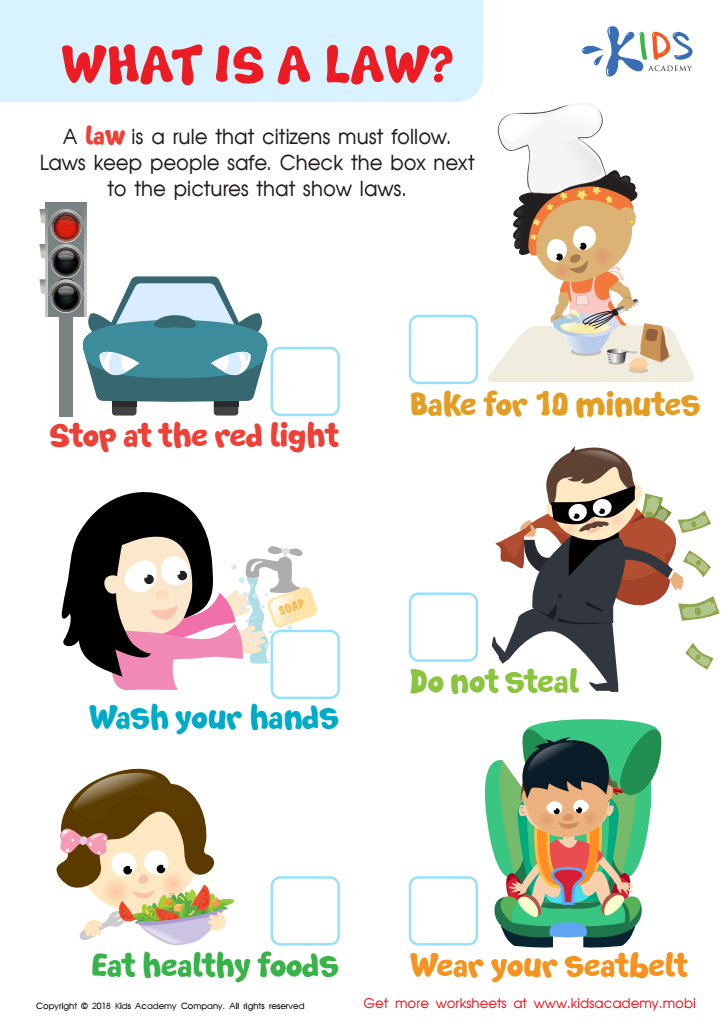

What is a Law? Worksheet
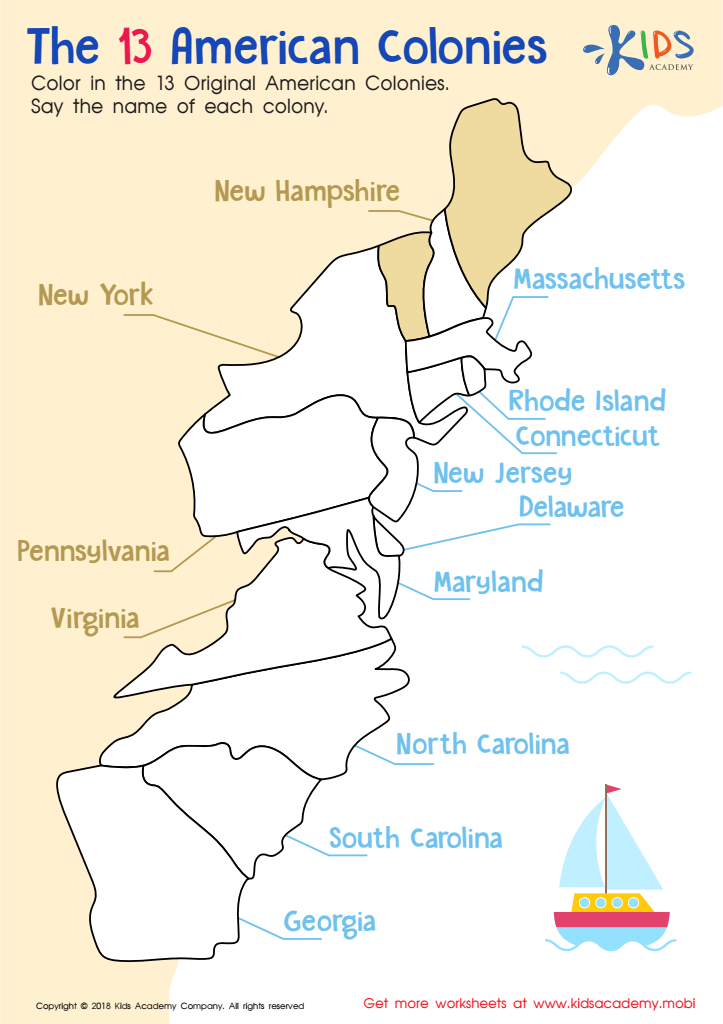

The 13 American Colonies Worksheet
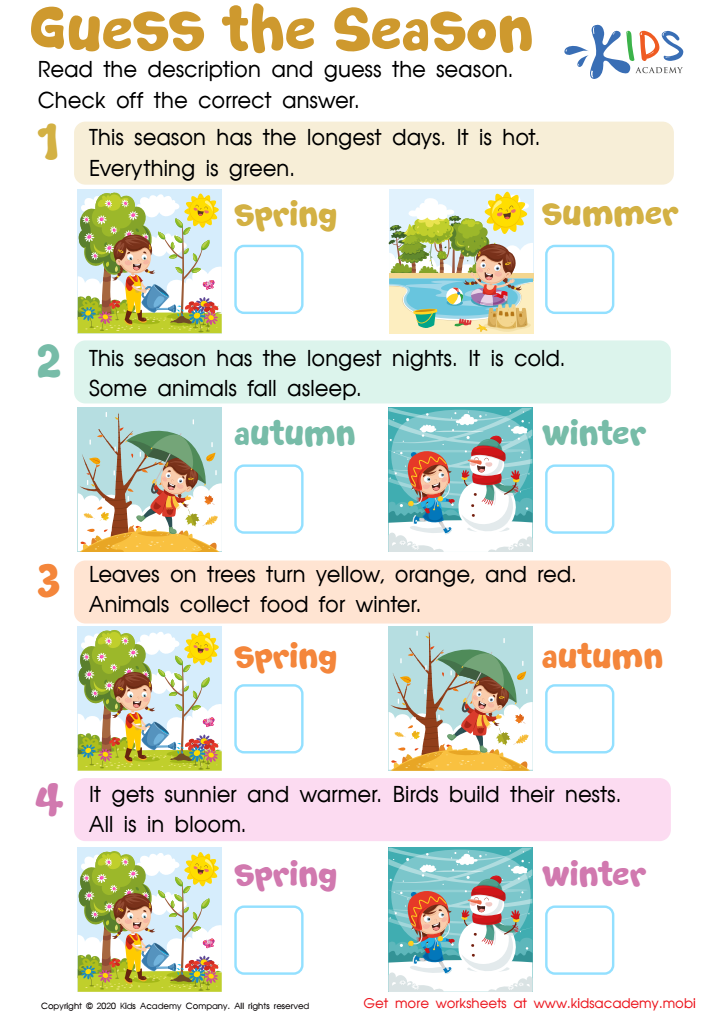

Guess the Season Worksheet
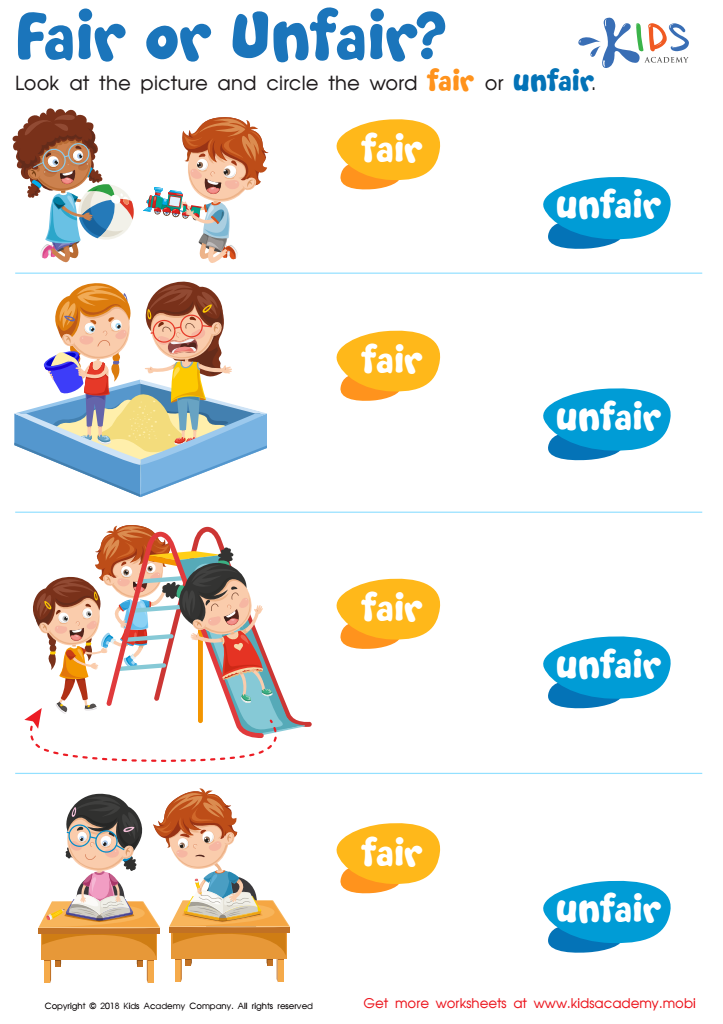

Fair or Unfair Worksheet
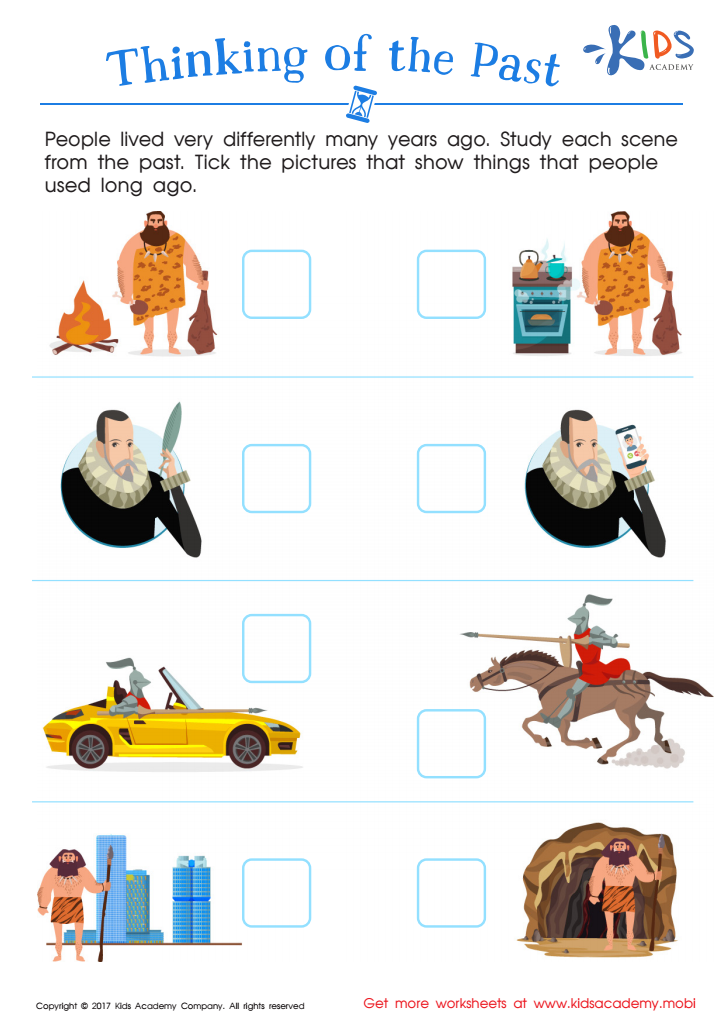

Thinking Past Printable
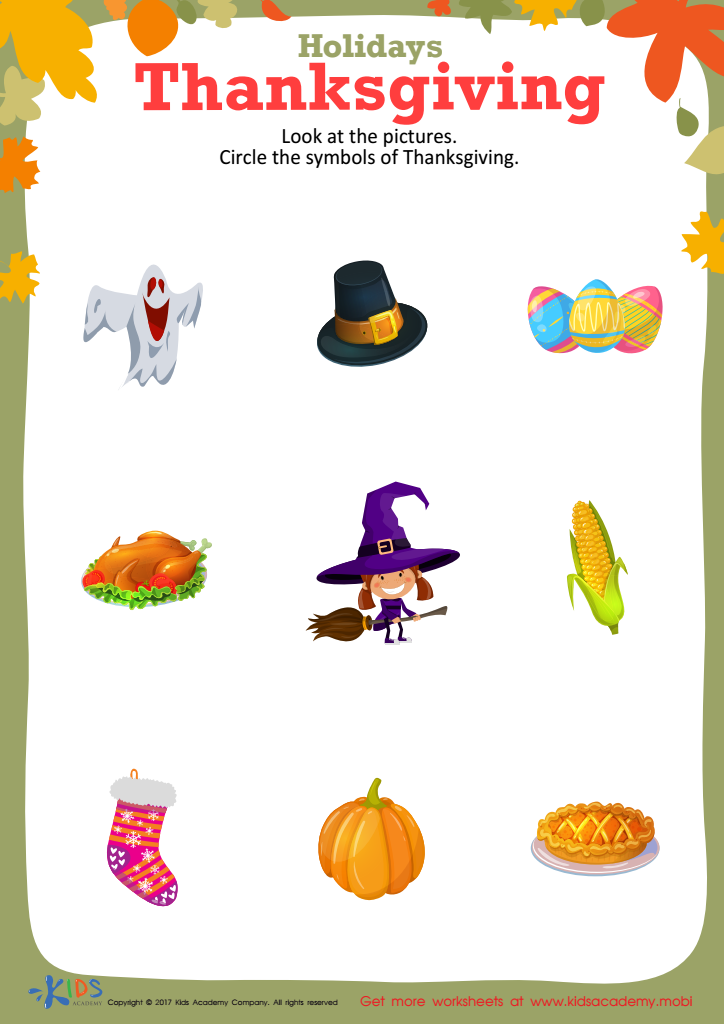

Thanksgiving Holiday Printable
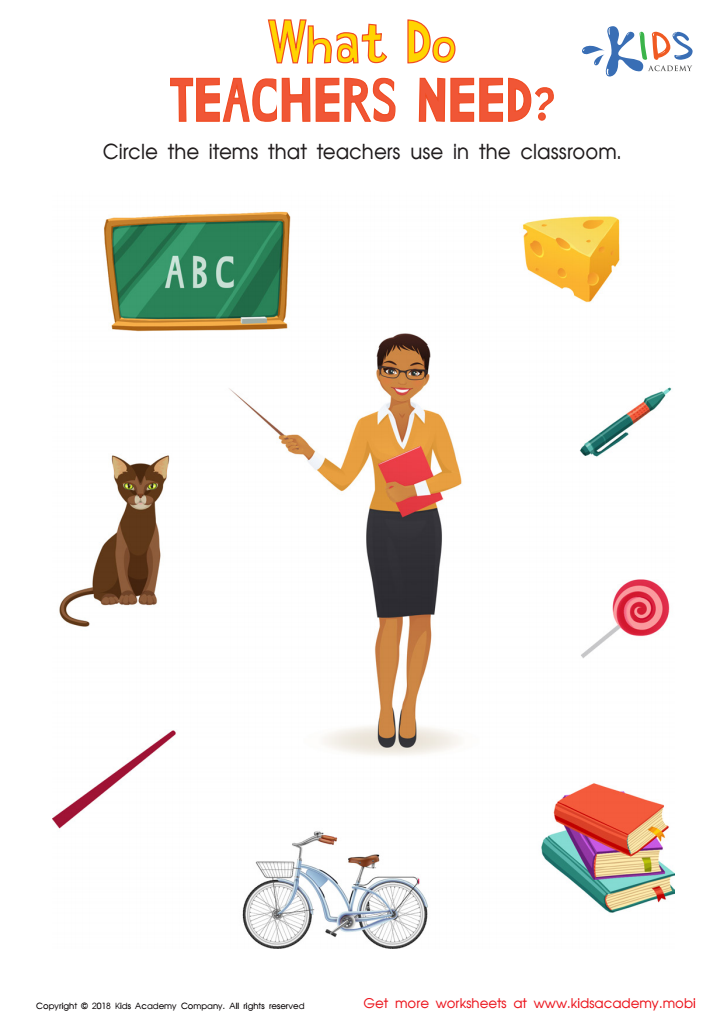

What Do Teachers Need Worksheet
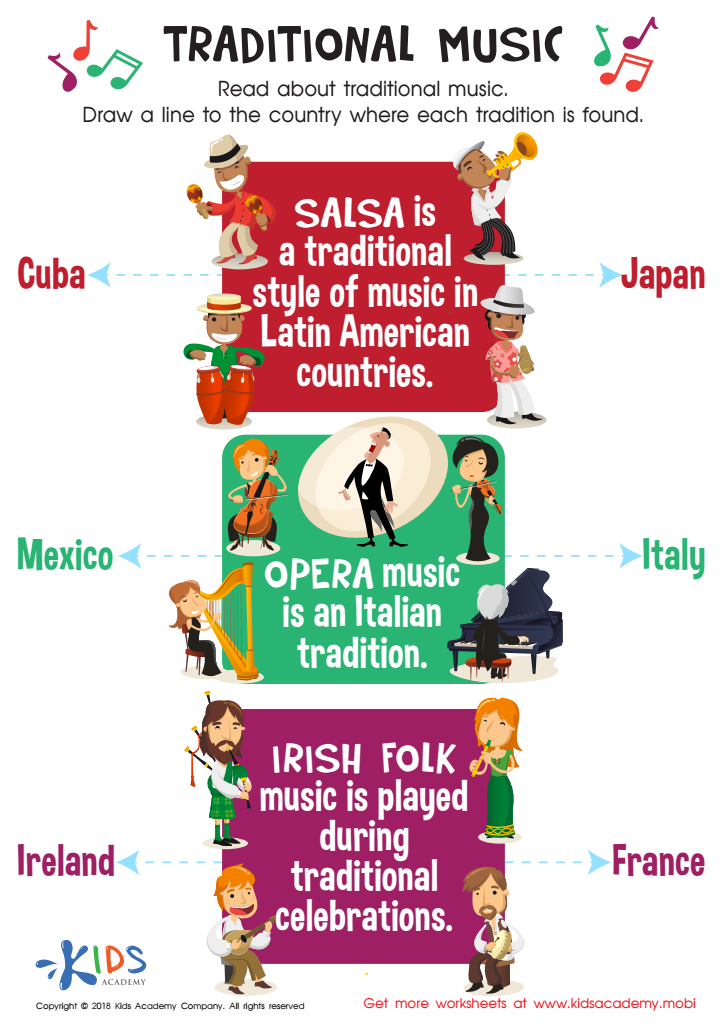

Traditional Music Worksheet
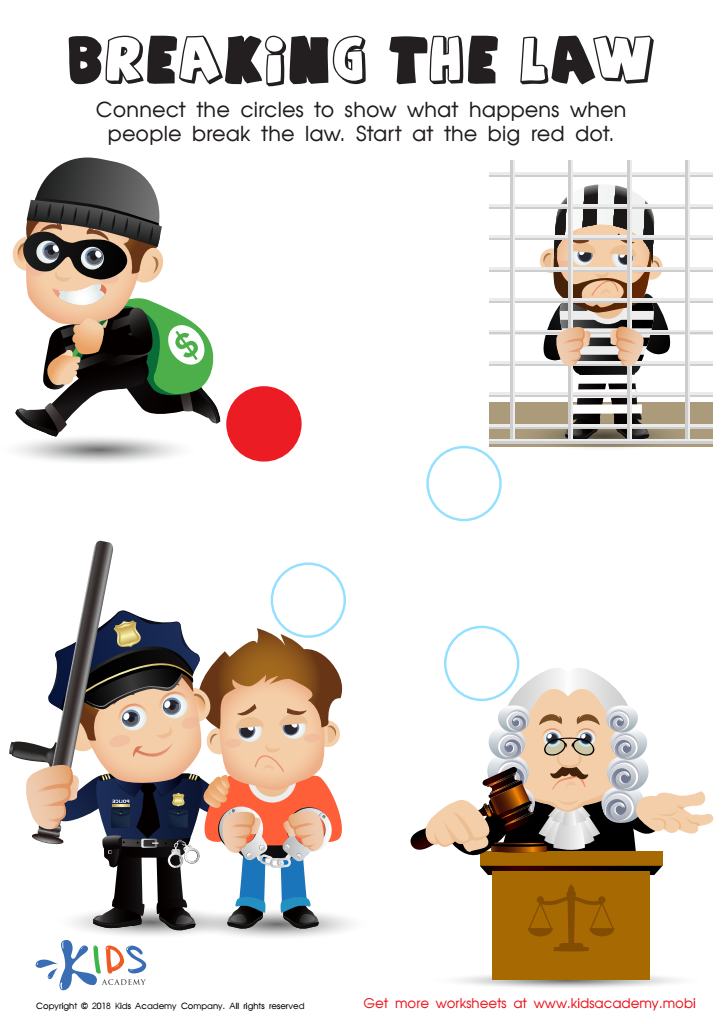

Breaking the Law Worksheet
Critically engaging with normal social studies content is vital for 6-year-olds as it lays the foundation for their cognitive and social development. At this age, children's brains are highly receptive, making it an optimal time to introduce essential skills like critical thinking. Parents and teachers play a crucial role in fostering these abilities, which help children to not only absorb information but also question it, analyze different perspectives, and solve problems effectively. These skills enrich their learning experience and develop intellectual curiosity, encouraging them to become lifelong learners.
Studying social studies in a critical manner also promotes a child's understanding of their community and the wider world. It teaches them about history, geography, and cultural norms, helping them to appreciate diversity and develop empathy towards others. This foundational knowledge supports the development of informed, thoughtful, and competent young citizens.
Moreover, equipping children with critical thinking skills at an early age has long-term benefits for their academic performance. It enhances their reading comprehension, math problem-solving abilities, and scientific inquiry. By supporting critical engagement with social studies, parents and teachers ensure children are not only knowledgeable but also capable of applying their learning effectively, preparing them for future academic and personal challenges.
 Assign to My Students
Assign to My Students


